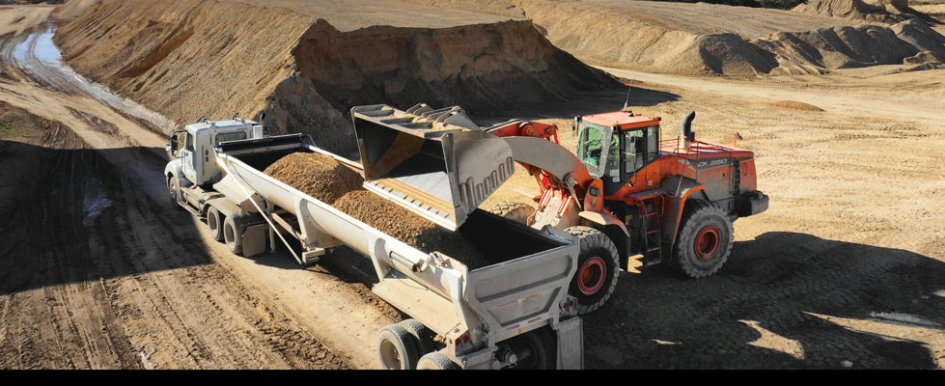
Today’s construction equipment features more technology than ever. It may come as a surprise that some of these technologies are not used to their full potential. One example is an onboard weighing system for wheel loaders. Not only can onboard weighing systems improve load accuracy, but they can also help save you time and money in the process.
Onboard weighing systems, otherwise known as smart scales, are devices that provide valuable data to fleet managers, owners and operators. Smart scales help to ensure you’re getting the right amount out of every load.
On a wheel loader, a smart scale provides data on the load weight through sensors and hydraulic pressure transducers. One manufacturer that designs smart scales for wheel loaders incorporates a combination of inertial measurement unit sensors, a transducer, Wi-Fi and GPS. For a wheel loader weighing system, the manufacturer places sensors and hydraulic pressure transducers on the bucket’s lifting arm.
This is valuable information — especially if your company uses wheel loaders to handle construction materials. The data can help your company optimize load-outs, and track operator productivity. New equipment technology is bringing enhanced accuracy to these weighing systems, ensuring the correct load in the machine’s bucket. Scales use weighing intelligence and sensors to help provide operators with live data on how much weight a wheel loader is carrying. Smart scales can vastly improve extraction, processing and load-out operations.
Weighing System Benefits
One benefit of smart scales that operators experience right away is more precise weighing. Even with rough terrain, varying operator techniques and machine movement, smart scales can give you accurate readings on your load. This means you don’t have to worry about whether the weight reading is off due to environmental variables.
Certain smart scales also offer data management. Some scales offer in-cab performance indicators to keep operators on track to reach their daily targets.
One person who can speak firsthand to the benefits of utilizing an onboard scale is Cole Bland, general manager at Central Texas Stone and Aggregate, LLC.
When management was looking to improve accuracy, they searched for options and found that an onboard weighing system met their needs. They used the scales with their wheel loaders and were able to increase their efficiency and save time on projects.
“On a busy day, having trucks returning to the pile to adjust loads is costly in both time and customer satisfaction,” Bland said. “Without a smart scale, it could potentially cost me hundreds of dollars a day in time and fuel. With this new system, our customers are much happier with the efficiency that we can get them loaded and on the road to their jobs.”
Not only has Bland seen improvements in the efficiency of their operations, but they have also benefited from the checks and balances the onboard scale provides their operations. This discovery came when the crew got fluctuating readings from their truck scale compared to their onboard weighing system.
“When we checked the truck scale versus the weight shown on the smart scale, we confirmed there was an issue with the truck scale,” Bland said. “After more investigation, we found a hydraulic leak.” This particular catch, plus the continued success with their equipment’s onboard weighing system, has made Bland a believer.
installing a Smart Scale
Most manufacturers can add a smart scale to their wheel loader if the machine doesn’t already come equipped with one.
Central Texas Stone and Aggregate’s wheel loaders didn’t initially come outfitted with their onboard weighing system, but the company has found that adding the system has been worth it in the long run.
“It took a day or so to install and calibrate the smart scale on the wheel loader and we were ready to go,” Bland said. “Our lead loader operator loves
the system. It’s given him greater confidence that he’s loading trucks with accuracy and speed — regardless of truck bed size or material.”
Contact your local dealer for help installing a weighing system on your machine. Your dealer may already work with a professional who is familiar with onboard weighing systems. They can help get the scale set correctly and instruct you on how to make the most of it.
It’s important to make sure you are getting the best scale for your wheel loader and situation. Different smart scales may have key parts or features that you will want to prioritize depending on your task and wheel loader.
